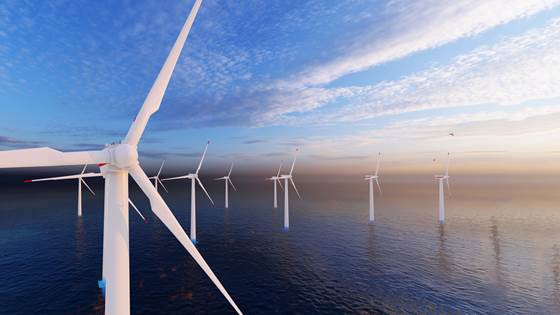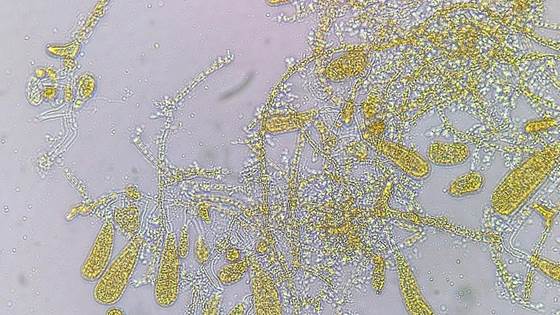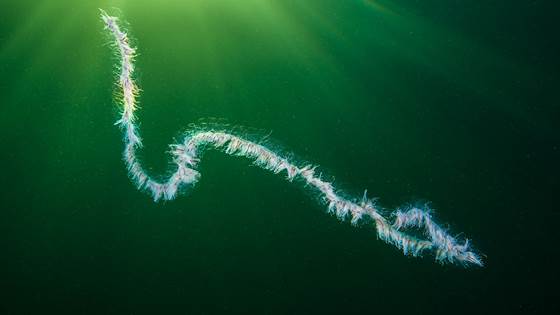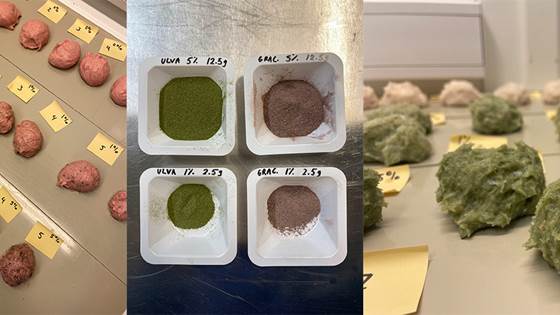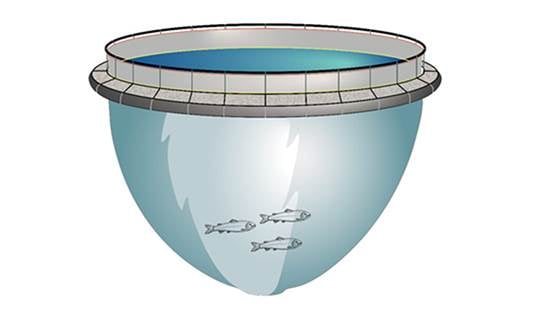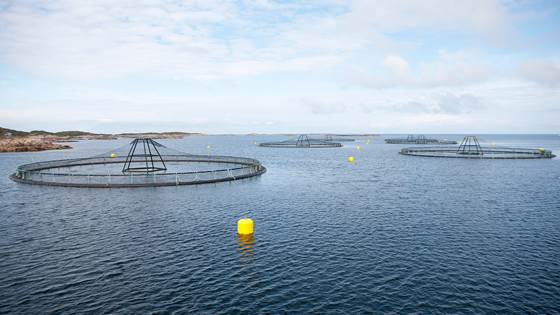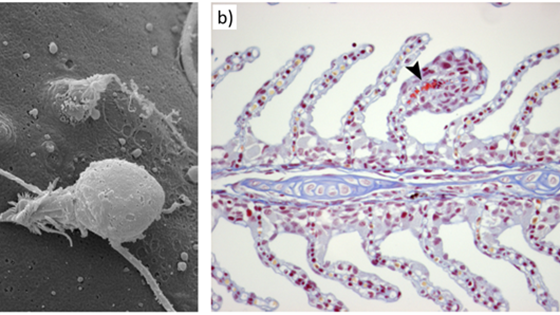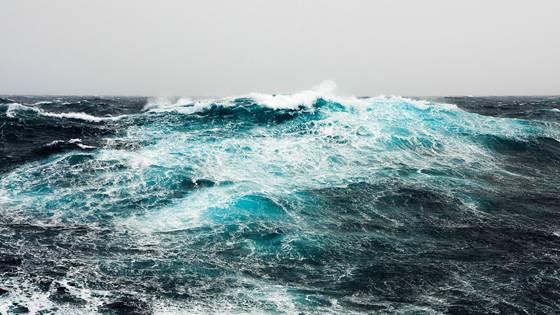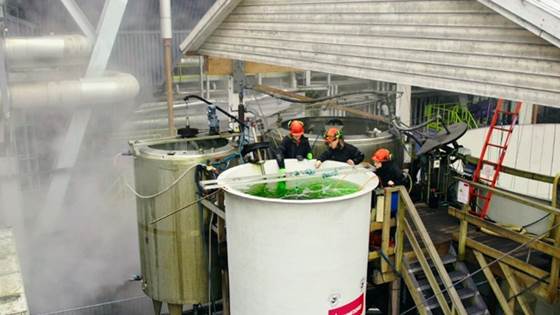
Microalgae as feed raw material for salmon fish (Microfeed)
The goal for Microfeed is to be able to use diatoms as a raw material in salmon feed by contributing with documentation to show the effect of diatoms on nutrition, health and quality of salmon fish.
